SEATTLE, U.S.: Although cycling and bicycle accidents are increasingly common in the U.S., many cyclists do not realize the importance of wearing a helmet. In a recent study, researchers have measured the effectiveness of bicycle helmets in preventing and reducing the severity of maxillofacial injuries. They reported that cyclists who wear helmets are less likely to experience facial injury in a bicycle crash. However, helmet use did not affect the severity of the injury, which might be explained by the fact that standard helmets do not include a mask to protect the maxillofacial region.
The researchers, from the University of Washington School of Dentistry, implemented a retrospective cohort study and included data relating to 1,379 cyclists who were injured between 2012 and 2018 and went to a medical center for evaluation and treatment. After determining whether the cyclists had experienced a maxillofacial injury, the researchers assessed the severity of such injuries.
Among the participants, men and younger cyclists were less likely to wear a helmet. Alcohol use was less frequent among helmeted cyclists, and cyclists with alcohol detected in their system had twice the risk of facial injuries. However, the findings showed no statistically significant difference between the severity of injuries among helmeted and nonhelmeted cyclists. Most of the cyclists (60.6%) were wearing a helmet at the time of the incident and were 40% less likely to experience a facial injury from the crash. Among those who did not wear a helmet, 30.6% were injured, compared with 17.3% of helmeted cyclists.
“We advocate for the implementation of a protective chin strap to help prevent lower face injuries like other studies, a redesign of bicycle helmets to provide facial protection and a limit on the blood alcohol concentration of bicyclists,” the researchers wrote.
The researchers also called for more studies to explore how the increasing popularity of cycling, the growth of bicycle share options, loose helmet regulations and changing attitudes about the environmental impact of cycling will change injury patterns, frequency and severity.
The study, titled “Helmets decrease risk of bicyclist-related maxillofacial injuries but not severity,” was published in the October 2019 issue of the Journal of Oral and Maxillofacial Surgery.
Tags:
PLYMOUTH, UK: The ramifications of sharps injuries within a clinical treatment setting extend beyond the immediate physical harm, potentially inducing ...
SYDNEY, Australia: Research shows that facial attractiveness can significantly influence social decisions, including those related to dating, recruitment ...
Some 2,500 years ago, Hippocrates already knew that prevention is more important than curative therapy. In the modern-day context, Benz stated that ...
In light of rising rates of chronic disease and growing awareness of the health risks associated with excessive sugar consumption, governments around the ...
ORADEA, Romania: Ongoing research continues to illuminate the plethora of ways in which oral and systemic health influence each other. While odontogenic ...
HONG KONG: Mandibular prognathism is a common facial deformity in southern China. Besides causing temporomandibular joint pain, the condition affects ...
LOS ANGELES, U.S.: The link between periodontal disease and systemic conditions such as cardiovascular disease is, by now, well established in the ...
MUNICH, Germany: As the use of artificial intelligence (AI) becomes increasingly established in dentistry, questions have arisen regarding the justification...
MUMBAI, India: Dentists and their patients are increasingly concerned about the elevated risk of infection with SARS-CoV-2 in dental clinics, owing to the ...
NEW YORK, US: Seeking to better characterise the inflammatory consequences of periodontal inflammation, researchers have recently developed two scores to ...
Live webinar
Wed. 4 March 2026
8:30 pm EST (New York)
Lancette VanGuilder BS, RDH, PHEDH, CEAS, FADHA
Live webinar
Fri. 6 March 2026
3:00 am EST (New York)
Live webinar
Mon. 9 March 2026
12:30 pm EST (New York)
Live webinar
Mon. 9 March 2026
3:00 pm EST (New York)
Live webinar
Tue. 10 March 2026
4:00 am EST (New York)
Assoc. Prof. Aaron Davis, Prof. Sarah Baker
Live webinar
Tue. 10 March 2026
8:00 pm EST (New York)
Dr. Vasiliki Maseli DDS, MS, EdM
Live webinar
Wed. 11 March 2026
12:00 pm EST (New York)
MDT Andreas Chatzimpatzakis



 Austria / Österreich
Austria / Österreich
 Bosnia and Herzegovina / Босна и Херцеговина
Bosnia and Herzegovina / Босна и Херцеговина
 Bulgaria / България
Bulgaria / България
 Croatia / Hrvatska
Croatia / Hrvatska
 Czech Republic & Slovakia / Česká republika & Slovensko
Czech Republic & Slovakia / Česká republika & Slovensko
 France / France
France / France
 Germany / Deutschland
Germany / Deutschland
 Greece / ΕΛΛΑΔΑ
Greece / ΕΛΛΑΔΑ
 Hungary / Hungary
Hungary / Hungary
 Italy / Italia
Italy / Italia
 Netherlands / Nederland
Netherlands / Nederland
 Nordic / Nordic
Nordic / Nordic
 Poland / Polska
Poland / Polska
 Portugal / Portugal
Portugal / Portugal
 Romania & Moldova / România & Moldova
Romania & Moldova / România & Moldova
 Slovenia / Slovenija
Slovenia / Slovenija
 Serbia & Montenegro / Србија и Црна Гора
Serbia & Montenegro / Србија и Црна Гора
 Spain / España
Spain / España
 Switzerland / Schweiz
Switzerland / Schweiz
 Turkey / Türkiye
Turkey / Türkiye
 UK & Ireland / UK & Ireland
UK & Ireland / UK & Ireland
 Brazil / Brasil
Brazil / Brasil
 Canada / Canada
Canada / Canada
 Latin America / Latinoamérica
Latin America / Latinoamérica
 USA / USA
USA / USA
 China / 中国
China / 中国
 India / भारत गणराज्य
India / भारत गणराज्य
 Pakistan / Pākistān
Pakistan / Pākistān
 Vietnam / Việt Nam
Vietnam / Việt Nam
 ASEAN / ASEAN
ASEAN / ASEAN
 Israel / מְדִינַת יִשְׂרָאֵל
Israel / מְדִינַת יִשְׂרָאֵל
 Algeria, Morocco & Tunisia / الجزائر والمغرب وتونس
Algeria, Morocco & Tunisia / الجزائر والمغرب وتونس
 Middle East / Middle East
Middle East / Middle East

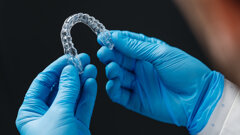
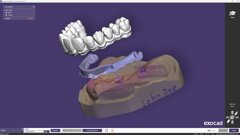





















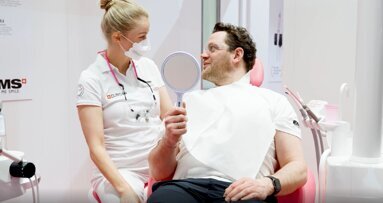


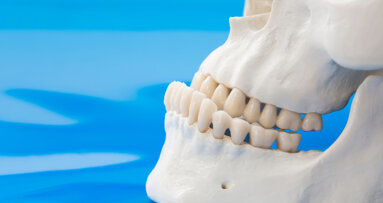
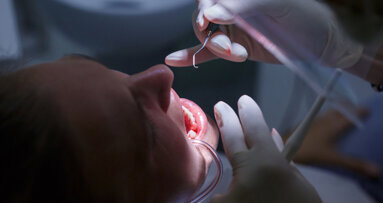













To post a reply please login or register